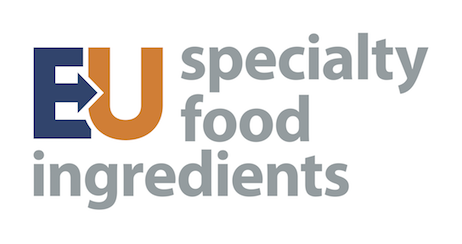EU Specialty Food Ingredients News
2016-06 Commission’s roadmap for the risk management of re-evaluated food additives
To date EFSA has published scientific opinions for about one third of the 316 additives subject to this re-evaluation and has re-confirmed the safety of most of them at their currently reported uses and use levels in foods and drinks. The scientific assessment is based on pre-existing studies, completed with up-to-date usage levels. Information is gathered from previous scientific assessments (notably from the former Scientific Committee on Food), literature search and from interested business operators through calls for data. The fact that authorisations of additives are generic and not linked to any specific applicant holder-specific makes the data collection exercise through EFSA public calls sometimes inefficient for certain additives, notably when they are not produced in Europe anymore.
So far EFSA has not identified a major safety concern for any of the re-evaluated additives. However issues that require a risk management[1] follow-up have been identified for certain food additives, e.g. because relevant toxicological data were missing to perform a full assessment, or because the consumption habits have changed and now suggest a potential exceedance of the Acceptable Daily Intake[2]. In order to allow business operators to fill in the new data gaps identified by EFSA for these additives, the European Commission has developed an approach by which interested business operators are requested to provide, by a certain deadline, the new data needed to complete the risk assessment. Once these new data are available, they will be assessed by EFSA (if appropriate) or by the Commission: the current authorisation of the food additive may then be revised if needed (for example, limitations in the conditions of use of a given additive might be put in place in certain food and drink categories to ensure that the exposure[3] to the food additive remains below the Acceptable Daily Intake for all population groups). In the event that no new data are provided for a given additive, it might no longer be authorised in the European Union. a withdrawal of its current authorisation can be envisaged.
A dedicated website has been set up by the European Commission in order to communicate to business operators which new data are actually needed to complete the risk assessment[4] of certain additives. The list of business operators interested in submitting data will be published, which is expected to facilitate the coordination between interested parties for a given additive (e.g. shared funding of new scientific studies between suppliers and users) and to inform about food additives for which no interest is shown.
EU Specialty Food Ingredients will guide and support its members through this crucial process.
News
Press Room
If you're a journalist or PR person, we have complete information packs on various subjects.

